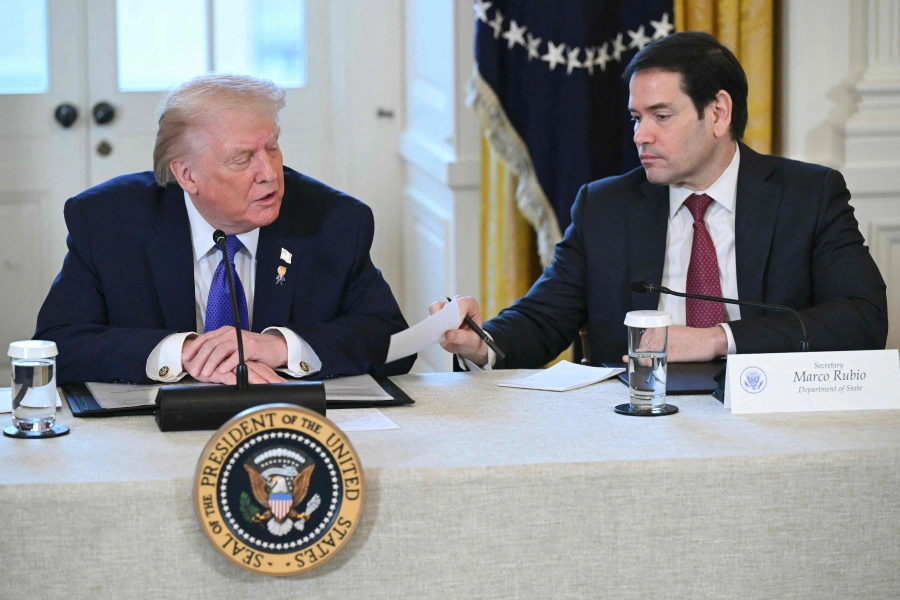KATHMANDU, Feb 6: Confusion has arisen over when the operation of the Nagdhunga Tunnel, which has reached the final stage of construction, will begin commercially, as the working procedures have not been prepared on time.
All work on this project is expected to be completed within the next nine months. The project deadline is October 2025. According to representatives of the Nagdhunga Tunnel Project, the contractor company is working to hand over the tunnel within the specified timeframe.
The Ministry of Physical Infrastructure and Transport (MoPIT) has not yet decided on the model, method, and approach for operating the tunnel. No working procedures have been prepared in this regard. Secretary of the Ministry, Keshav Sharma, has admitted that it is too late to draft the necessary procedures for tunnel operation. He said that since tunnel operation is a new practice in the country, formulating relevant laws has taken time.
“The ministry has formed a task force under the chairmanship of the Deputy Director General of the Road Department to immediately draft the procedure,” Sharma said. “We will now finalize it as soon as possible.”
Nagdhunga-Naubise tunnel route to undergo breakthrough tomorrow...

He committed to passing the procedure so that the tunnel can be operated as soon as the contractor company hands it over. “It will not be delayed now. The work will be completed quickly,” he said.
According to Sanjay Panthi, Deputy Project Director of the Tunnel Construction Project, 85 percent of the tunnel construction work has been completed as of Wednesday. He said that the tunnel will be operational within the next nine months and emphasized the need to finalize the procedure at the earliest.
“We are requesting that the procedure be prepared as soon as possible. The ministry is also working on it,” he said. According to Panthi, the ministry has nearly decided to award the contract to the private sector for tunnel operation. He said that other operational guidelines would be included in the procedure.
Additionally, he confirmed that the contract would be awarded to the private sector through a tender process, with the contractor company responsible for toll collection. The contractor company will also provide services such as oxygen, fire extinguishers, security, communication, and other essential facilities inside the tunnel.
Additionally, it will bear the cost of lighting within the tunnel. Ministry Secretary Sharma mentioned that the procedure is being designed to ensure toll fees are kept to a minimum.
A ministry official noted that since this is Nepal’s first tunnel project, there has been significant confusion in drafting the procedure. “We are learning a lot from this experience. Future tunnels will be much easier to manage,” he said.
At a seminar organized by the Department of Roads in Kathmandu in the third week of January, technical employees attending the program raised concerns about the delay in preparing the tunnel operation procedure.
They expressed concern that if the procedure is not finalized immediately, the tunnel will not be operational within nine months, saying that the delay in drafting the procedure could postpone the tunnel’s operation.
According to Deputy Project Director Panthi, the tunnel construction work is now in its final stage. The project, which began in 2019, has already had its deadline extended twice. Japanese contractor company Hazama-Ando JV is overseeing construction, with funding of Rs 16 billion provided as a soft loan from JICA, while the Nepal government has spent Rs 9 billion on taxes, including compensation.
The project has reported that underpasses, box culverts, and overpasses for the tunnel have been completed. Similarly, three bridges have been built, and the flyover construction is currently underway, with the project stating that it has also reached its final stage.







































